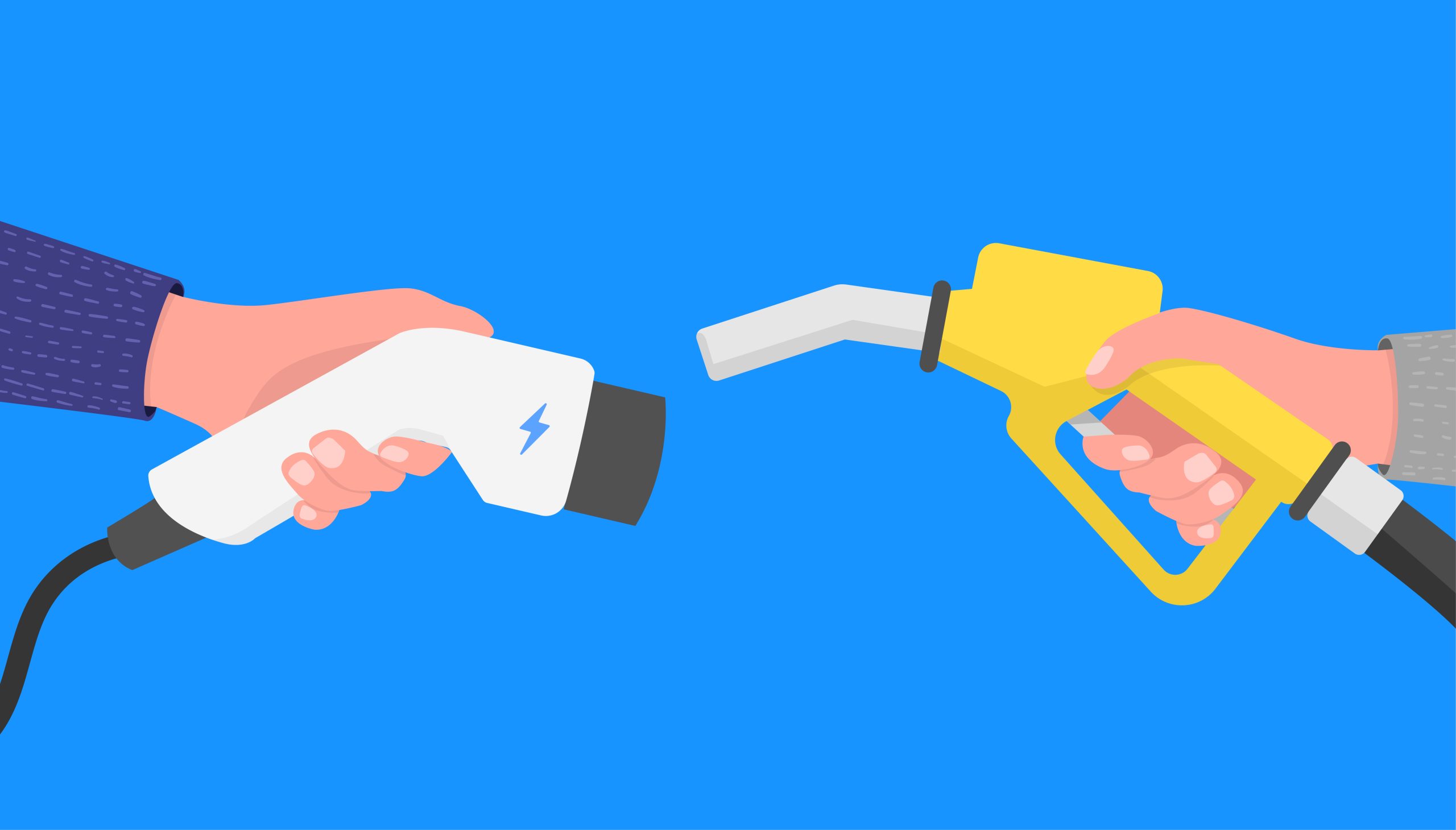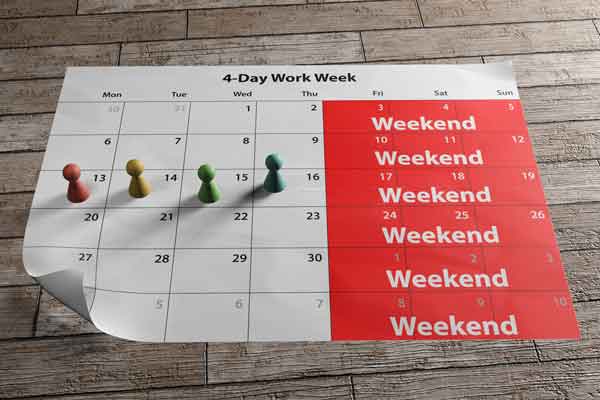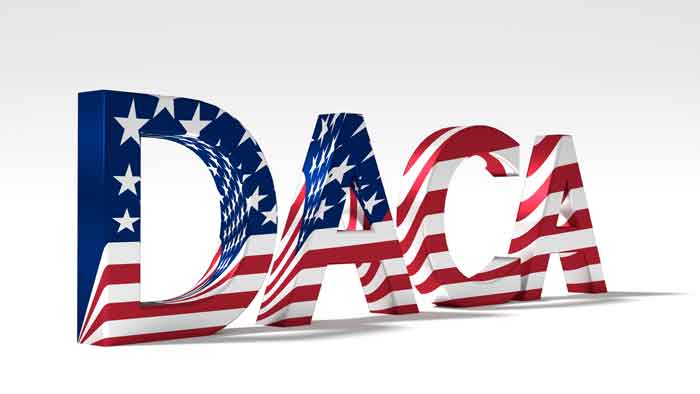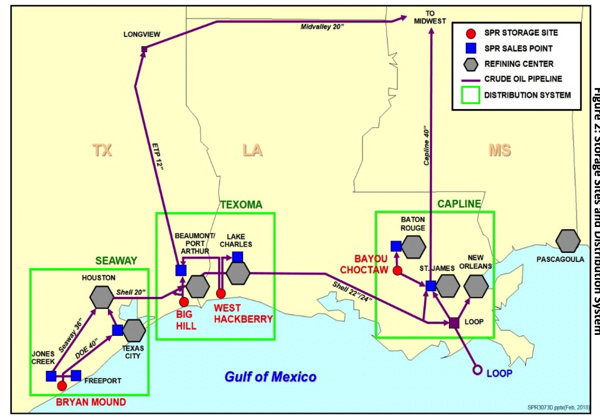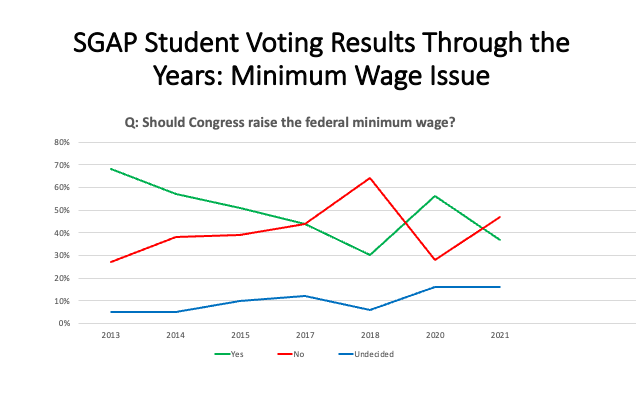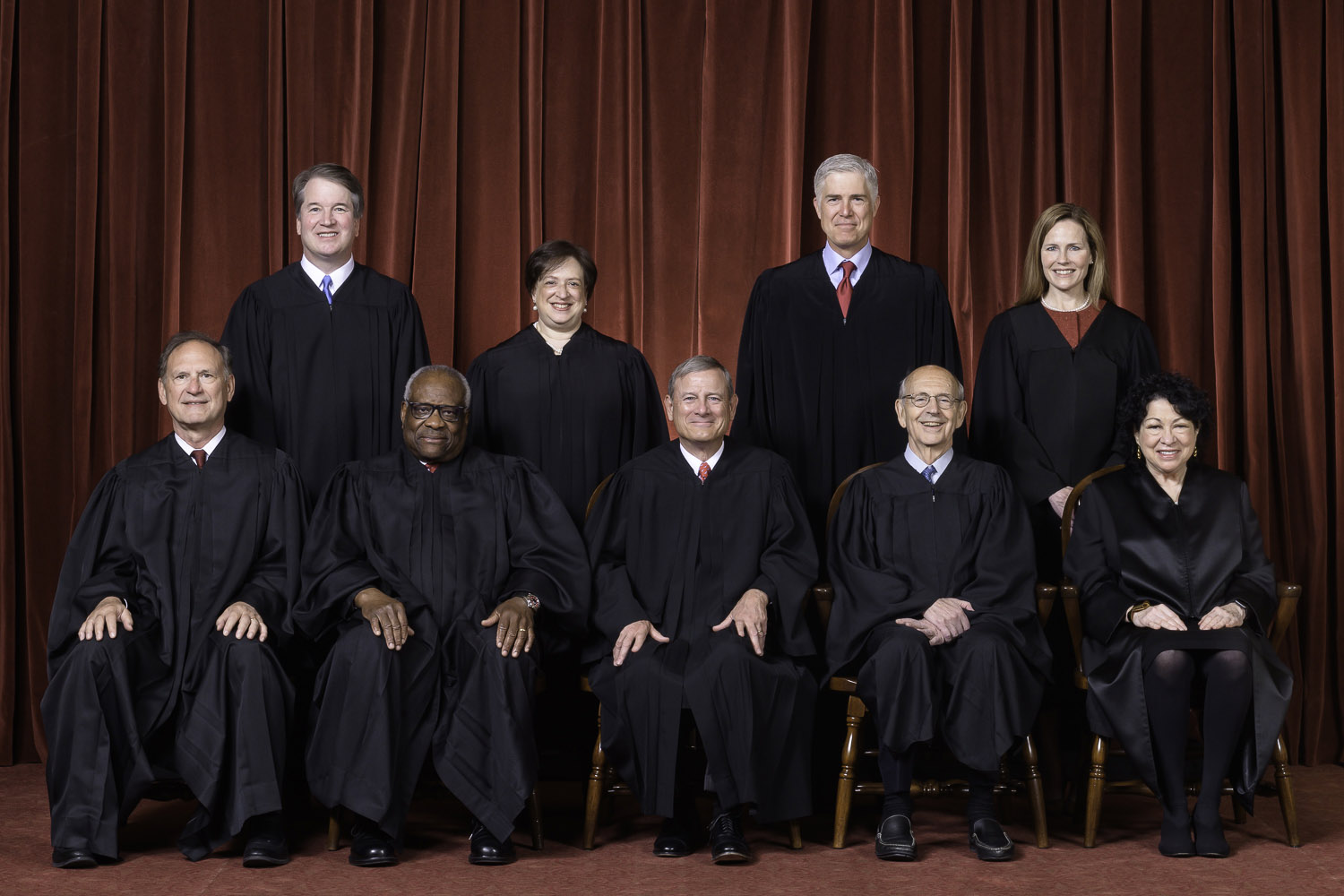RESEARCH LINKS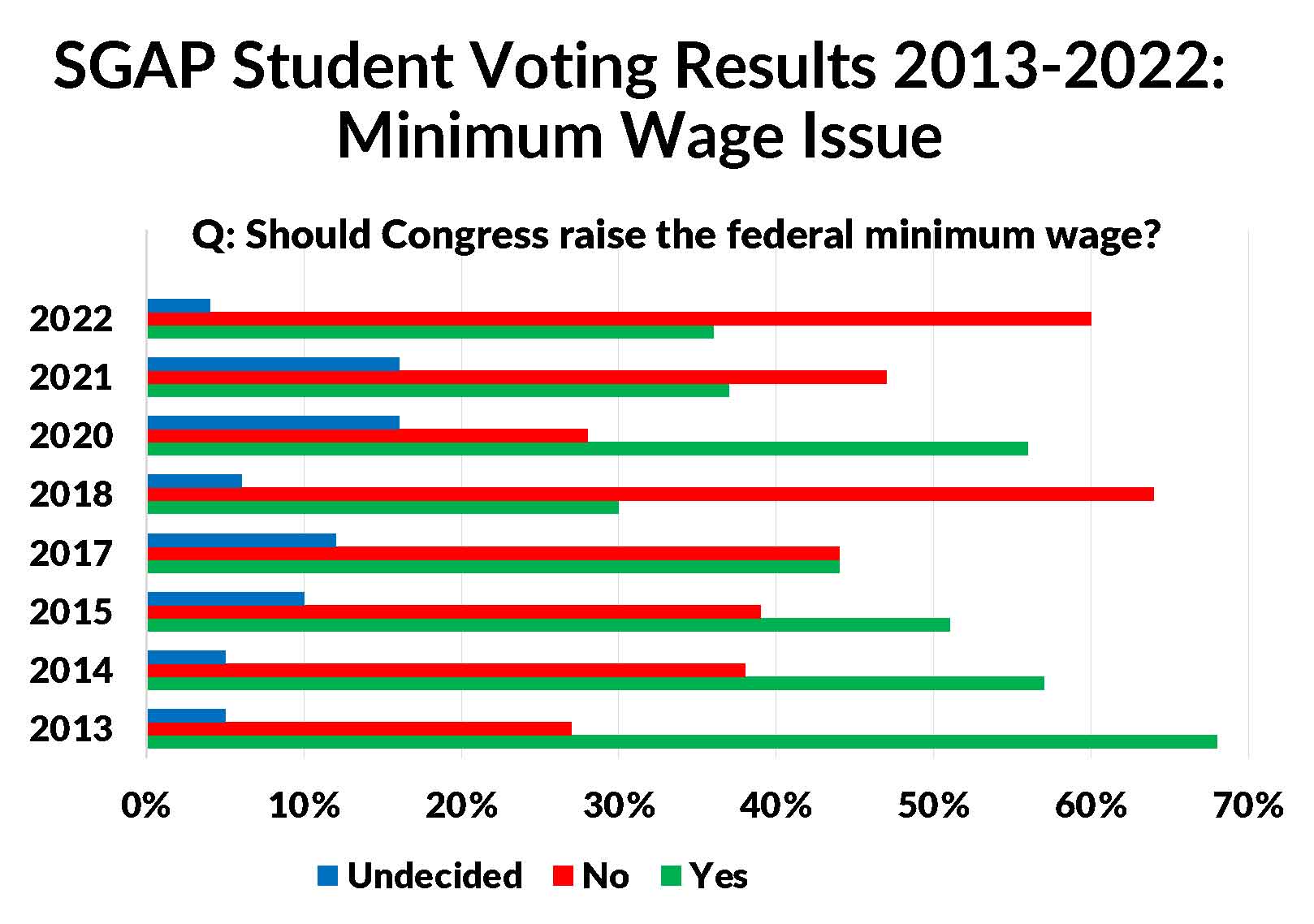
Issue 1: Minimum Wage
Congress.gov: S.2488, “Raise the Wage Act of 2023”
ProCon.org: “Should the Federal Minimum Wage Be Increased?”
U.S. Department of Labor: “History of Changes to the Minimum Wage Law”
Wharton School, University of PA: “Why Raising Minimum Wage Has Long-Term Costs”
CommonDreams.org: “Sanders, Scott Unveil $17 Federal Minimum Wage Bill”
RaisetheMinimumWage.com: “Why the U.S. Needs at least a $17 Minimum Wage”
Issue 2: Secure the Border Act
Congress.gov: S.2824, “Secure the Border Act of 2023”
U.S. Congressional Budget Office: “H.R.2, Secure the Border Act of 2023”
Senate.gov: “Cruz Introduces Senate Companion to House-Passed Secure Border Act”
WhiteHouse.gov: “Statement of Administration Policy – Secure the Border Act 2023”
WaPo OpEd, Fareed Zakaria: “Democrats Should Admit They’re Wrong on Immigration”
ImmigrationForum.org: “Bill Analysis — Secure the Border Act of 2023”
House.gov: “Congressman Mario Diaz-Balart Introduces ‘Secure the Border Act 2023’”
DISCUSSION QUESTIONS
Issue 1: Minimum Wage
- Do you support or oppose gradually raising the federal minimum wage to $17 an hour? If you were speaking to a person who disagreed with your position, what would you say to persuade them to see your side of the issue?
- Some proponents of raising the federal minimum wage say the current minimum wage of $7.25 an hour traps people in poverty. Do you agree? Why or why not?
- If you were a business owner, would you want the minimum wage to increase? Why or why not?
- What is your personal view on whether to raise the federal minimum wage? Use relevant reasons from your life experiences as well as research.
- Who bears the costs of a higher minimum wage? (Hint: In addition to businesses who have higher labor costs, this could also include workers who suffer reduced hours as well as young job seekers who find it difficult to find a job.)
Issue 2: Secure the Border Act
- Some people believe a good way to slow illegal immigration is to fine U.S. businesses who employ illegal immigrants. Do you agree? Why or why not?
- In Fareed Zakaria’s Op-Ed (link above), Zakaria states that to gain control of illegal immigration, the president should suspend admission of asylum seekers to the U.S. since asylum has become a way to game the system. Do you agree? Why or why not?
- Do you believe there is a relationship between illegal immigration and crime? Why or why not?
- What would happen if we erased all country borders and let people live wherever they wanted?
- When is immigration helpful to a country and when is it harmful?


